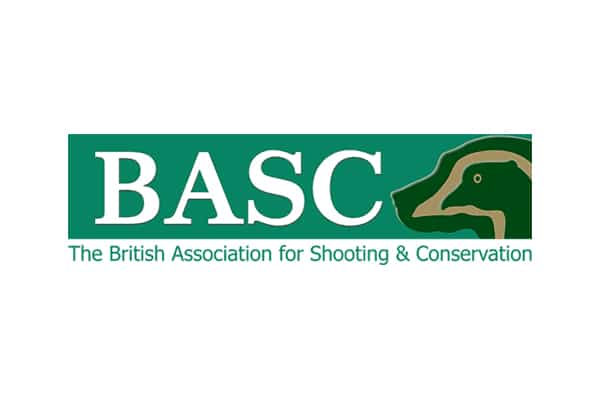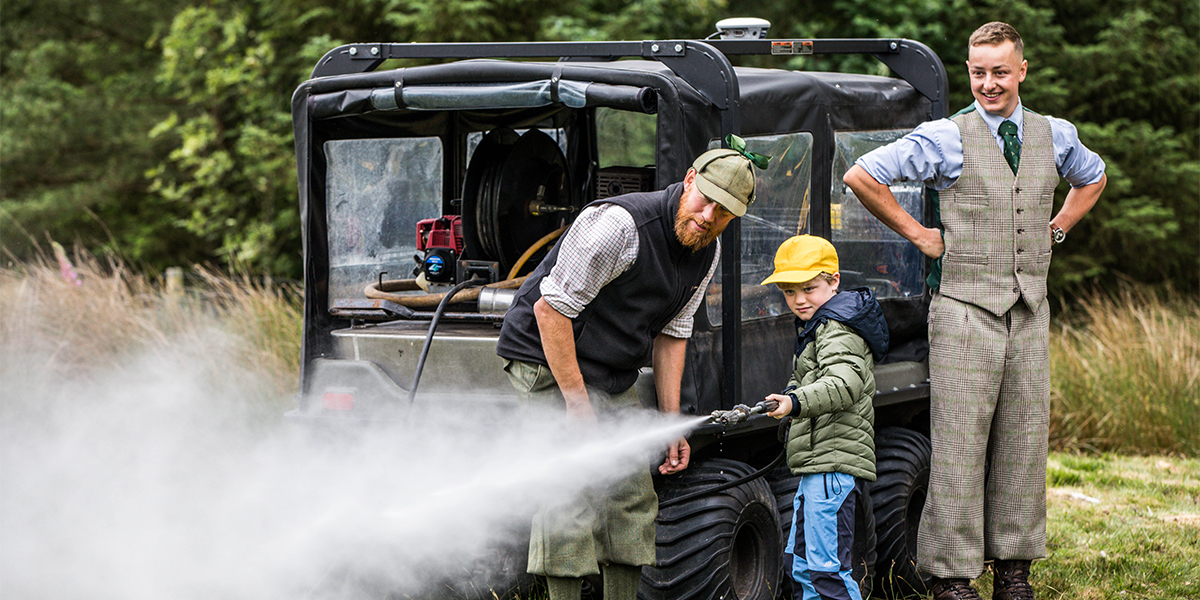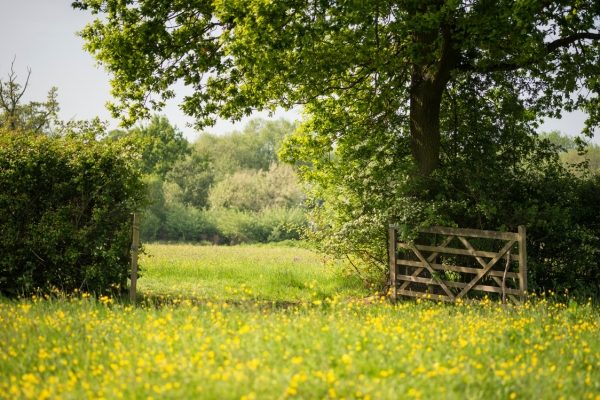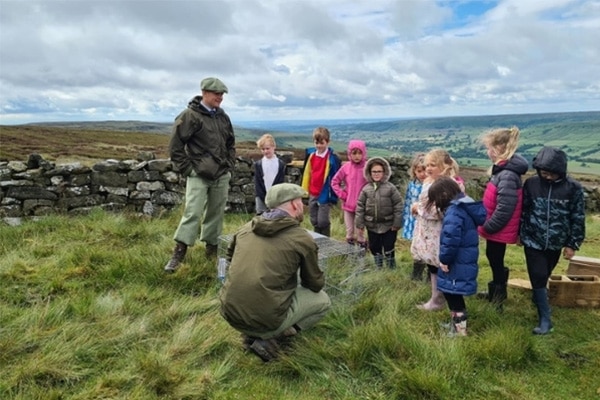
BASC North team up with Countryside Learning
BASC North were delighted to support Countryside Learning at their Countryside Learning Day at Ledston Estate earlier this week.
Get information on the legal shooting season for mammals and birds in the UK.
Apply for funding for your project or make a donation today
Comprehensive information and advice from our specialist firearms team.
Everything you need to know about shotgun, rifle and airgun ammunition.
Find our up-to-date information, advice and links to government resources.
Everything you need to know on firearms law and licensing.
All the latest news and advice on general licences and how they affect you.

Almost 2,500 children from primary schools across the north of England attended the UK’s largest uplands classroom this summer to learn about the people and organisations who protect and manage moorland landscapes.
Let’s Learn Moor events ran over a fortnight for the first time since the educational initiative launched nine years ago. As a result, this year’s event saw almost 2,500 schoolchildren from 74 primary schools visiting the uplands across seven locations.
The 2025 attendees brought the total number of children who have taken part to more than 13,500 since the initiative began .
The children were welcomed by local beekeepers, farmers, gamekeepers, wildlife trusts, emergency services and local businesses, all of whom talked about the importance of the uplands to them and their livelihoods. Many of the children also took part in gundog training, learned about deer and were educated about managing sheep in a such a harsh environment.
BASC’s head of education and outreach Curtis Mossop said: “Due to continued success of the project, we’ve extended it over two weeks this year, and nearly 2,500 children attended seven different locations across northern England. Let’s Learn Moor presents an opportunity for all the major players in the uplands to come together and deliver an unrivalled learning experience for children. It is a pleasure to work alongside the regional moorland groups, and others, to pull this together.”
Let’s Learn Moor is a collaborative educational project which is overseen by BASC and Countryside Learning and funded by BASC’s Legacy Fund. Events are facilitated by the Regional Moorland Groups and private estates across northern England with the support of more than 50 other partners.
Find out more information about Let’s Learn Moor here, or have a look at our gallery below to experience this year’s event in pictures.

BASC North were delighted to support Countryside Learning at their Countryside Learning Day at Ledston Estate earlier this week.

BASC has hosted a landmark summit with City & Guilds, aimed at securing the future of further education wildlife management courses.

This year’s Let’s Learn Moor starts on Monday 5 July, running across nine venues and welcoming more than 2,000 primary school children throughout the week.